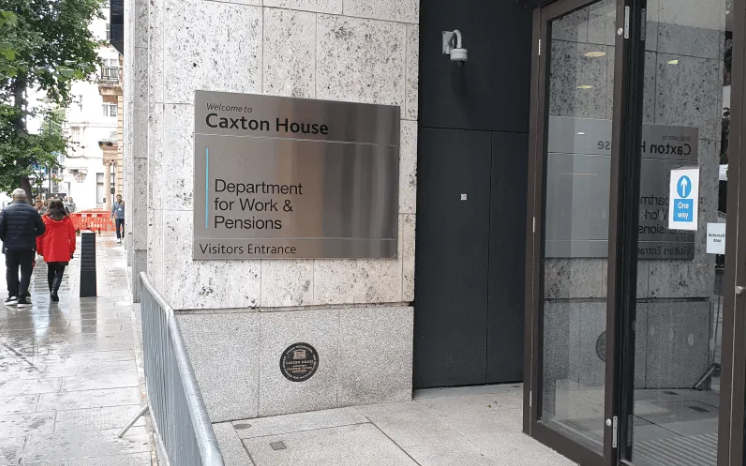Tory minister banned DWP from using the word ‘safeguarding’, MPs are told
A Conservative minister banned the Department for Work and Pensions (DWP) from using the word “safeguarding”, despite DWP’s connection with countless deaths of disabled benefit claimants since 2010, MPs have been told.
Labour’s new social security and disability minister, Sir Stephen Timms, told the Commons work and pensions committee yesterday (Wednesday) that DWP was reviewing its “whole approach to safeguarding” and hoping to rebuild trust in the department that “has been so badly lost in the past”.
He was giving evidence to the committee in the final session of its inquiry into safeguarding vulnerable claimants.
But he also told the committee: “The department has used the word safeguarding in the past, but a former minister banned the use of the term in the department at all.
“And so, you know, we are going to reintroduce it. We think it’s a good word and a word that we should be clear about what it means in the department and how we seek to deliver it.”
Evidence links DWP and its policy decisions, actions, and mistakes with the deaths of hundreds, and probably thousands, of disabled people over the last 15 years.
It also shows how senior civil servants and ministers spent more than a decade covering up evidence of those links.
Those deaths, and years of other harm caused by the department, which is still ongoing, have left a legacy of distress and distrust among claimants.
Sir Stephen told the committee that he wanted “trust in the department to be rebuilt”.
He said: “I think everybody would acknowledge that trust in the department has been at quite a low level.
“I think things that ought to have been published and made public have been hidden, and that’s contributed to a loss of trust.
“We need to change that, and we do need to, and we do very much want to, and we are going to, take a fresh approach to safeguarding.”
He said DWP needed to “show that it’s learning when things go wrong”.
And he said the department was “reviewing the whole approach to safeguarding” so “everybody can see what the approach we’re taking is and that will set out the support that’s available to people, how to access that support and what they can expect from us when they come to the department”.
He suggested there would be more information about this new approach in next month’s disability benefits green paper, with a “much more substantial update” in a white paper, which is likely to follow by the end of this year.
Sir Stephen said later in the session: “We do need people coming to the department feeling that it’s safe to come and that they are able to tell us what it is that they need and not feel that they are putting themselves in some kind of danger [when they do that].”
He suggested that DWP needed to do more work in the community and not restrict itself to jobcentres, although his suggestion that this should involve a presence in GP surgeries is likely to alarm many disabled activists.
He said: “We need to be in communities, we need to be in libraries, we need to be in community hubs, GP surgeries, in order to be able to do that well, and we need to be trauma aware.
“We need to be properly responsive to people when they raise these concerns.”
He said the department also needed to “publish more information about the support the department can provide”, put in place reasonable adjustments for disabled people, and “strengthen the links that we’ve got in the department with organisations who speak for people who use our services”.
Liz Fairburn, DWP’s customer experience director, even suggested that the department would soon begin publishing anonymised versions of its secret internal process reviews (IPRs) into claimant deaths and serious harm linked to DWP’s actions.
She said: “It’s worth noting as well that on the point of sharing our IPRs, we often get asked through FOIs* to share IPRs, and within the next couple of months, all of our IPRs will be shared, so clearly they’ll be anonymised, but from a transparency point of view, I think that’s a good step forward.”
If that is correct, it would be a huge step towards transparency by DWP, as it would be the first time that IPRs have ever been published.
However, it is likely that Fairburn mis-spoke, and that DWP is instead planning only to publish the anonymised recommendations that have been made by IPRs, instead of releasing them in response to freedom of information requests, as it does – sometimes – at present.
DWP had not responded by noon today (Thursday) to a request for clarification on which Conservative minister banned the use of the word “safeguarding” and whether the department would soon be publishing complete IPRs, or just their recommendations.
*Freedom of information requests
Credit for this article goes to the Disability News Service


No responses yet